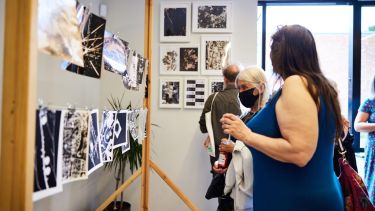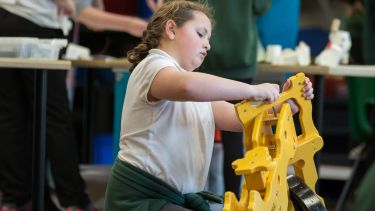Literacies and Language
Literacies and Language is an interdisciplinary research cluster with an overarching focus on literacies and language in everyday life and specific learning contexts, both online and offline. We engage in cutting edge research with a wide range of external collaborators.
Programmes, conferences and projects
About the cluster
Introduction to the cluster
We engage in cutting edge research with a wide range of external collaborators.
Cluster members
Everyone involved in the cluster.
Get in touch
To find out more about the Literacies and Language research cluster, contact Fiona Scott, the cluster lead.






